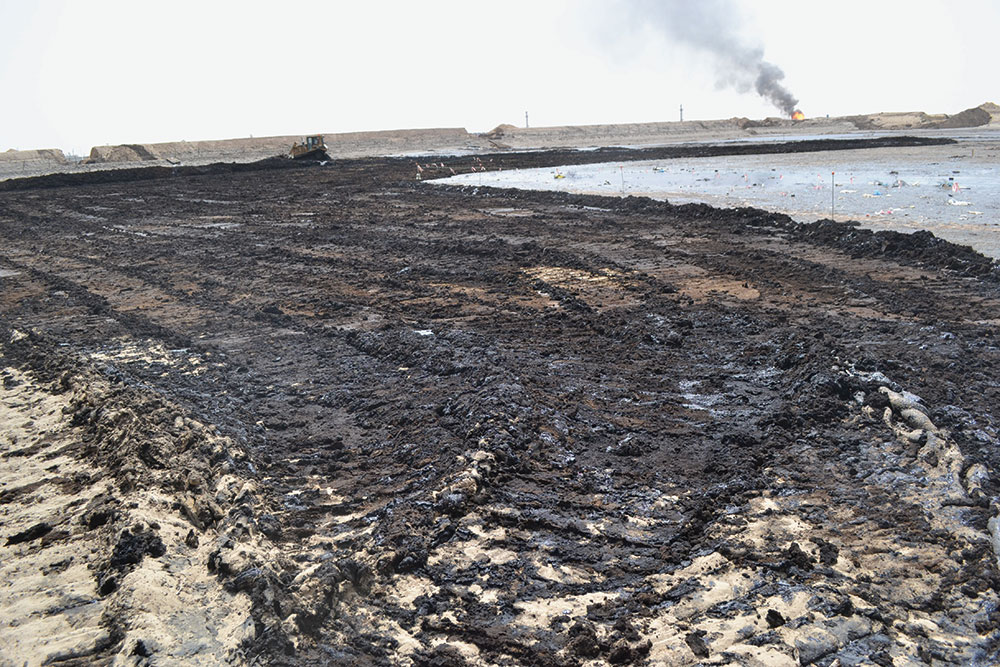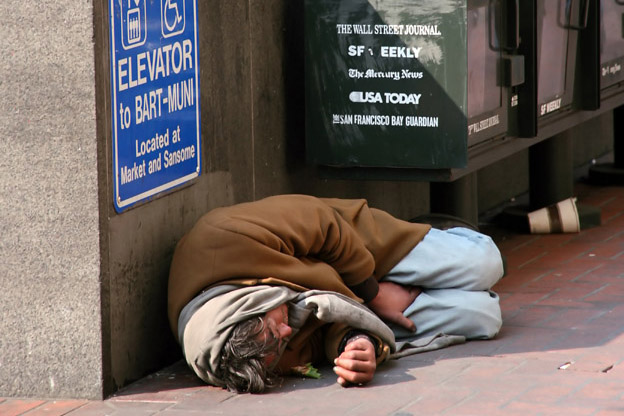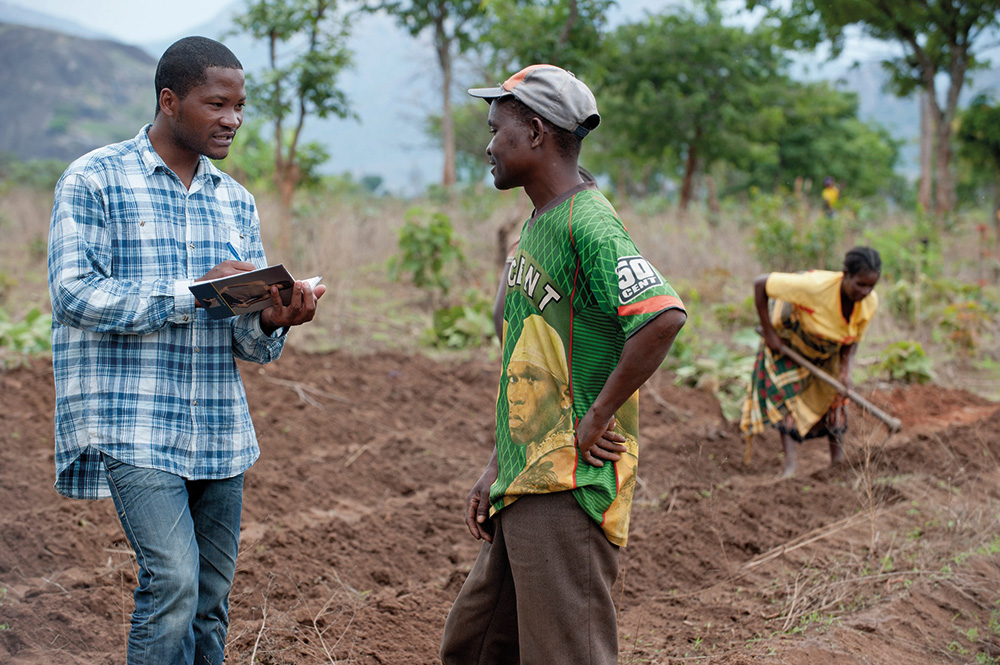Location
The international journal Rural 21 has dedicated more than 40 years to all topics surrounding rural development. Its ambition is to further those strategies and policies that strengthen rural areas of developing and newly industrialising countries and encourage their implementation. The journal addresses the complete range of relevant themes – from agriculture and fisheries via capacity building and education through to health and social security, energy supply and trade. Center-stage is always devoted to inquiring into how measures and strategies can contribute to global food security and to reducing poverty.
Rural 21 desires to further the dialogue between science and politics, the private sector, civil society and practitioners. Two platforms are designed for this purpose: Rural 21 in print is published four times a year, each issue highlighting a specific focus of rural development – this print edition is read in more than 150 countries. In parallel, Rural 21 online keeps the rural development community up to date on news and events, scientific findings and other print and online publications.
Rural 21 is published by DLG-Verlag GmbH in Frankfurt/Germany. Financial partners are BMZ (German Federal Ministry for Economic Cooperation and Development), GIZ (Deutsche Gesellschaft für Internationale Zusammenarbeit), DLG (German Agricultural Society – Deutsche Landwirtschaft-Gesellschaft), SDC (Swiss Agency for Development and Cooperation) and Helvetas Swiss Intercooperation.
The first issue of Rural 21 dates back to 1968. From 1974 to 2007, the journal was published in three languages entitled "entwicklung & ländlicher raum" / "agriculture & rural development" / "agriculture & développement rural". In 2008, the journal was relaunched as "Rural 21".
Members:
Resources
Displaying 51 - 55 of 319Milk production pays off! – Experiences of a DPPP approach in Northern Sri Lanka
Initiated by an international packaging company and a local retailer enterprise a project was set up in the Jaffna district in 2013 supported by the GIZ “development partnerships with the private sector” (develoPPP) initiative. The project aims at an increased quality and quantity of milk production and medium-term coverage of the regional demand. Within a couple of months, the monthly collected amount of milk has increased from 3,100 litres to 35,610 litres, and the number of participating farmers has increased tenfold.
China’s biomass energy development – a perception change from waste to resource
China has a longstanding tradition of using biogas for decentralised energy supply. Already, there are nearly 42 million household digesters in the rural areas, a figure set to double by 2020. But the country has even more ambitious plans. In order to achieve its own climate targets and raise the share of renewables in overall energy supply to 15 per cent by 2020, it wants to set up 16,000 middle- and large-scale biogas plants. However, implementation isn’t quite so easy.
Pastoralism and conflict – two sides of a coin?
Pastoralism – the predominant form of livestock keeping in the Horn of Africa – has always been a source of disputes and tensions in the region. So it is maybe no coincidence that precisely those countries with the largest cattle and camel herds should be the ones that have been suffering from prolonged armed conflict for years. This article takes a look at the closely interwoven aspects influencing conflicts in the Horn of Africa in general and South Sudan more specifically.
The insatiable hunger for cheap meat
If the current trend in global meat demand persists, meat production will need to rise from 300 million tons today to 470 million tons by 2050. Climate and our natural resources would lose out, our author warns.
Tropical forage-based systems for climate-smart livestock production in Latin America
Tropical forage grasses and legumes as key components of sustainable crop-livestock systems in Latin America and the Caribbean have major implications for improving food security, alleviating poverty, restoring degraded lands and mitigating climate change. Climate-smart tropical forage crops can improve the livestock productivity of smallholder farming systems and break the cycle of poverty and resource degradation.






